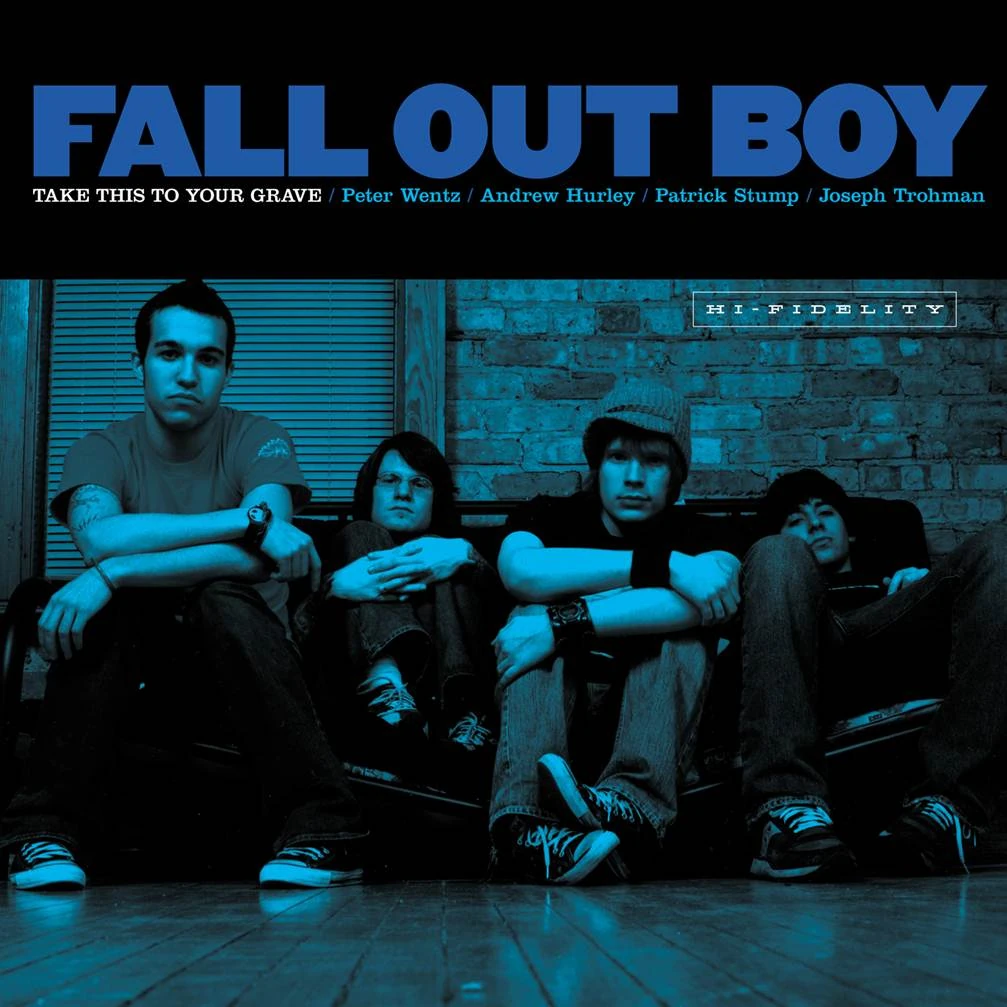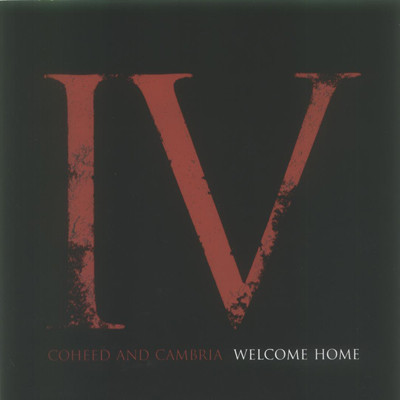 When Kid Rock released “All Summer Long” in 2008, it was a surprising turn from the rap-rock sound that had defined his rise to fame in the late ’90s and early 2000s. Known for his aggressive fusion of hip-hop, metal, and outlaw country swagger, Kid Rock had cultivated a reputation as the ultimate bad-boy rock star. But “All Summer Long” was different. It wasn’t about rebellion or rage. It wasn’t packed with profanity or posturing. Instead, it was a sun-drenched, radio-friendly ode to simpler times, lakeside romance, and summer memories, all built on the backbone of two of the most iconic songs of the 1970s: “Sweet Home Alabama” by Lynyrd Skynyrd and “Werewolves of London” by Warren Zevon. This track would go on to become one of Kid Rock’s biggest hits and a pop culture phenomenon that redefined his career while celebrating the enduring power of classic rock.
When Kid Rock released “All Summer Long” in 2008, it was a surprising turn from the rap-rock sound that had defined his rise to fame in the late ’90s and early 2000s. Known for his aggressive fusion of hip-hop, metal, and outlaw country swagger, Kid Rock had cultivated a reputation as the ultimate bad-boy rock star. But “All Summer Long” was different. It wasn’t about rebellion or rage. It wasn’t packed with profanity or posturing. Instead, it was a sun-drenched, radio-friendly ode to simpler times, lakeside romance, and summer memories, all built on the backbone of two of the most iconic songs of the 1970s: “Sweet Home Alabama” by Lynyrd Skynyrd and “Werewolves of London” by Warren Zevon. This track would go on to become one of Kid Rock’s biggest hits and a pop culture phenomenon that redefined his career while celebrating the enduring power of classic rock.
At its core, “All Summer Long” is a masterclass in musical nostalgia. It combines the main piano riff from “Werewolves of London” with the guitar chords and chorus from “Sweet Home Alabama” to create something new that feels instantly familiar. Kid Rock’s lyrics evoke a very specific kind of Americana—the kind defined by pontoon boats, cold beer, first loves, and bonfires by the water. It’s a song that aims straight for the heart of a generation raised on rock radio and summer break freedom, and it hits that target with precision.
The opening riff of “All Summer Long” is instantly recognizable, but it’s not Kid Rock’s. It’s Warren Zevon’s. That shimmering piano lick from “Werewolves of London” is one of the most iconic in rock history, and Kid Rock doesn’t attempt to disguise it. Instead, he leans into it, using the familiar melody as a nostalgic anchor. Layered on top of that is the unmistakable guitar from “Sweet Home Alabama,” a song that’s practically synonymous with Southern rock. That combination—Zevon’s wry cool and Skynyrd’s rebel pride—creates a sonic foundation that’s both evocative and comforting.
Kid Rock’s genius with “All Summer Long” wasn’t just in borrowing those riffs—it was in how he framed them. The lyrics don’t reference Zevon or Skynyrd directly, but the setting and mood of the song are steeped in the same Southern sun that those artists captured. Set in 1989, the song is a recollection of teenage freedom: sneaking beers, making out on beaches, and blasting rock and roll on the radio. The lyrics are specific enough to feel authentic—“We didn’t have no Internet / But man I never will forget / The way the moonlight shined upon her hair”—but general enough for millions of listeners to insert their own memories into the story. It’s this balance of personal narrative and universal appeal that made the song such a massive hit.
At a time when pop music was dominated by hip-hop beats and electronic production, “All Summer Long” stood out by going backward. It wasn’t trying to be modern—it was unabashedly retro. This retro appeal struck a chord not just with Kid Rock’s existing fan base, but with a much broader audience who might never have listened to “Bawitdaba” or “Cowboy.” The song became a crossover smash, reaching number one in eight countries, including the UK and Australia. In the U.S., it wasn’t eligible for the Billboard Hot 100 due to licensing issues, but it dominated other charts, including Adult Top 40 and Mainstream Rock.
For Kid Rock, “All Summer Long” marked a major turning point. It was the moment he fully transitioned from rap-rock provocateur to country-tinged rock statesman. While earlier hits like “Picture” (a duet with Sheryl Crow) had hinted at his love for classic Americana, “All Summer Long” committed fully to it. Gone were the DJ scratches and shouted verses—in their place was a laid-back drawl, acoustic guitars, and a celebration of small-town values. It was a reinvention that paid off massively, allowing Kid Rock to find a new home on country and adult contemporary radio while still maintaining his rocker edge.
The song’s success also sparked renewed interest in the songs it sampled. Both “Sweet Home Alabama” and “Werewolves of London” saw surges in streaming and downloads, introducing them to a younger generation. For older fans, it was a reminder of the timeless quality of those classics. And for Kid Rock, it was a clever way to pay homage to the music that shaped him while creating something entirely new. The samples weren’t just background—they were integral to the mood, tone, and structure of the song. In that sense, “All Summer Long” is a rare example of a song that uses its influences not just for sonic familiarity, but as thematic building blocks.
Despite its success, “All Summer Long” wasn’t without controversy. Critics debated the artistic legitimacy of building a hit single on the backs of two other songs. Some accused Kid Rock of taking the easy route, piggybacking on classics rather than creating something original. Others questioned whether the song leaned too heavily on nostalgia at the expense of depth. But these criticisms largely missed the point. The entire premise of “All Summer Long” is rooted in memory and musical heritage. It’s not pretending to be groundbreaking. It’s inviting listeners to close their eyes and return to a time when life was simpler, music was analog, and the only thing that mattered was whether you had enough gas in the boat.
Moreover, Kid Rock made sure to give proper credit to the original songwriters. Ronnie Van Zant and Gary Rossington of Lynyrd Skynyrd, along with Ed King, were credited for “Sweet Home Alabama,” while Warren Zevon and his co-writers LeRoy Marinell and Waddy Wachtel were credited for “Werewolves of London.” This transparency helped avoid the kind of lawsuits that often plague songs built on samples. It also underscored the song’s role as a tribute rather than a theft.
Beyond its musical structure, what really gives “All Summer Long” its staying power is its emotional resonance. There’s something universal about summer—the way it represents freedom, youth, and possibility. For many people, the best memories of their lives are tied to those warm months: first kisses, cold drinks, late-night drives, and songs blasting through cheap car speakers. “All Summer Long” taps directly into that emotional well, offering a three-minute snapshot of a perfect moment in time. It doesn’t need to be profound—it just needs to feel real. And it does.
The production on the track is polished but organic, with live drums, acoustic guitars, and subtle harmonies that give it a campfire-singalong vibe. Kid Rock’s vocals are restrained compared to his earlier work, more storyteller than shouter. He sounds relaxed, content, and just a little wistful. There’s a lived-in quality to his delivery, as if he’s flipping through an old photo album in his mind as he sings. That intimacy connects with listeners, making the song feel less like a performance and more like a conversation.
“All Summer Long” also represents a rare moment of consensus in Kid Rock’s often polarizing career. While much of his discography is marked by aggressive bravado and explicit content, this song was accessible, family-friendly, and even sweet. It showed a different side of an artist who had long been defined by controversy and excess. And in doing so, it expanded his audience, giving him a kind of second act as a heartland rock ambassador. He may never fully shed the bad-boy image, but with “All Summer Long,” he proved that he was capable of subtlety, sentimentality, and even charm.
The song’s legacy has only grown in the years since its release. It’s become a staple of summer playlists, a go-to track for beach parties, barbecues, and road trips. It’s played at weddings, used in commercials, and blasted over speakers at ballparks and festivals. It’s one of those songs that people know by heart, that they sing along to without thinking. And like the memories it describes, it never seems to fade.
“All Summer Long” isn’t just a hit single—it’s a cultural artifact. It captures a moment in time both for the narrator and for the listener. It’s about being 17 and carefree, about falling in love with a song, a person, a season. It’s about looking back without regret, soaking in the good times, and letting music be the bridge between past and present. It’s not revolutionary, but it doesn’t need to be. It’s comforting, familiar, and honest.
In many ways, that’s the genius of Kid Rock’s approach. He didn’t try to outdo Skynyrd or Zevon. He didn’t try to rewrite the rulebook. Instead, he built a bridge from their world to his own, and then invited the rest of us to walk across it. By fusing classic rock with modern production and personal storytelling, he created a song that resonates across generations. And in doing so, he gave us a new summer anthem—one that will continue to soundtrack sunsets and late-night swims for years to come.
Ultimately, “All Summer Long” is a reminder that sometimes, the best music isn’t about pushing boundaries—it’s about evoking emotion. It’s about capturing a feeling and wrapping it in melody. Kid Rock did that with this track, and the result is a song that, like the best summers, lingers long after the season is over. Whether you’re hearing it on a lake in Michigan, a beach in California, or a rooftop in the city, it delivers the same message: life is short, summer is sweet, and music makes the memories last forever.


